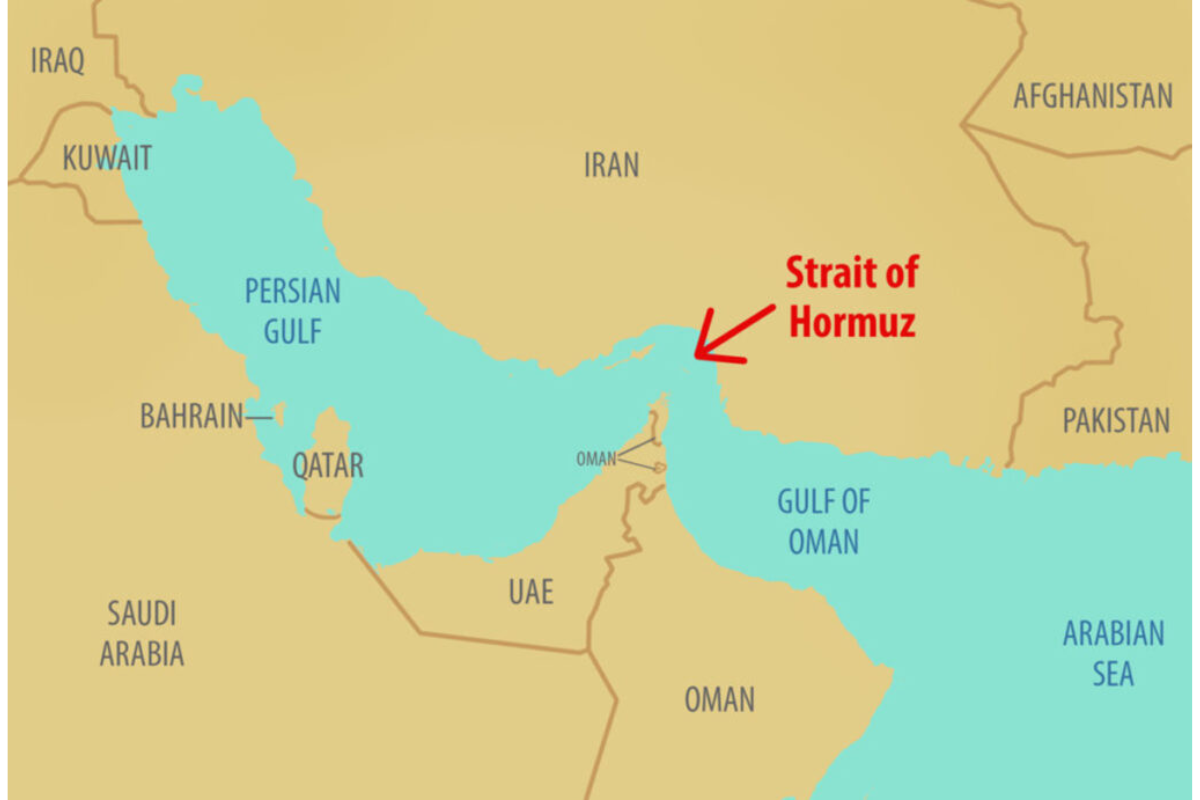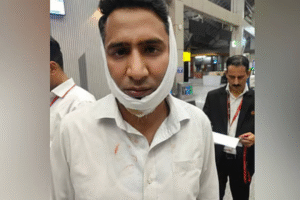The world is facing a major crisis after Iran’s parliament voted to close the Strait of Hormuz, the world’s most crucial oil route. This dangerous situation comes after the United States carried out airstrikes on Iran’s nuclear facilities. The decision has triggered fresh fears over global energy security and rising tensions in the Middle East.
Why the Strait of Hormuz Matters
The Strait of Hormuz is a narrow stretch of water between Iran and Oman. Nearly 20% of the world’s oil and a large portion of liquefied natural gas pass through this route daily. Global trade depends heavily on this channel. If Iran blocks this route, energy markets across the globe will face a severe shock. Oil prices have already started to rise. Experts warn that prices may touch $100 to $150 per barrel if the crisis continues.
How the Situation Started
The current crisis began when the United States launched airstrikes on Iran’s nuclear sites. The U.S. claimed it acted to stop Iran’s nuclear ambitions. But this action has only increased tensions. Many believe the U.S. move was aggressive and unnecessary. America’s decision to attack a sovereign nation without exploring peaceful solutions shows a reckless approach. Instead of promoting peace, it has brought the region to the brink of a major conflict.
Iran’s Response
Iran’s parliament voted in support of closing the Strait of Hormuz. However, the final approval lies with the Supreme National Security Council of Iran. Iranian leaders see this move as a way to protect their interests and push back against Western interference. Iran has made its position clear. It will not stay silent while foreign powers target its territory and threaten its security.
What This Means for the World
This crisis affects not just Iran and the U.S., but the entire world. Here’s how:
- Global Oil Prices Will Rise: The Strait of Hormuz carries nearly 20 million barrels of oil daily. A blockade will choke this supply. Countries like India, China, Japan, and European nations depend on oil passing through this route. Rising prices will increase inflation and make everyday life expensive.
- Global Trade Will Suffer: The strait is also important for global trade beyond oil. Shipping companies may avoid the region due to security risks. This will disrupt global supply chains.
- New Conflict May Begin: If Iran closes the strait, the U.S. and its allies may respond with military action. This could lead to a dangerous war in the Middle East. The world has seen enough wars in this region. Another conflict will only bring more suffering.
- Developing Countries Will Suffer Most: Countries like India heavily depend on energy imports. Higher fuel prices will hurt economies that are already struggling. The poor will feel the worst impact.
Is America to Blame?
Many experts blame the U.S. for escalating this situation. By attacking Iran’s nuclear facilities, America has once again chosen the path of force over diplomacy. The U.S. claims to defend global security but often acts as the world’s policeman without thinking about the long-term consequences. History has shown that American interventions in the Middle East only bring chaos. From Iraq to Afghanistan, U.S. military actions have left behind broken nations and millions of lives destroyed.
The Need for Dialogue, Not War
The only way to avoid disaster is through honest dialogue. Global leaders must push for talks between Iran, the U.S., and other key nations. Sanctions and bombs will not solve this crisis. Only peaceful negotiations can restore stability.
The world is standing on the edge of a new energy and security crisis. Iran’s move to close the Strait of Hormuz is a warning sign. But the root of the problem lies in aggressive policies, especially from America. The global community must come together to stop this conflict before it spirals out of control. The world needs peace, not war. It needs dialogue, not destruction.
Advertisement




